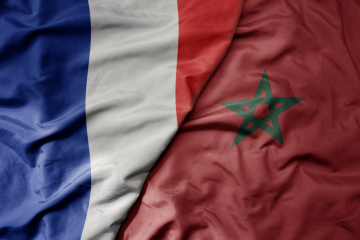
Have we underestimated migration in the Franco-Moroccan diplomatic crisis?
Traditionally close partners, Morocco and France have seen their relationship deteriorate in recent years under a variety of pressures. Much analysis has focused on the role of high politics and diplomatic considerations, such as the question of the sovereignty of Western Sahara. This article argues that while these are important, bottom-up approaches must also be considered. In particular, we highlight the impact of visa restrictions on inter-societal links, and how these affect the core of bilateral relations by damaging the human fabric of politics. The “exceptional partnership” between France and Morocco is a thing of the past, or at least severely damaged. Over the last two years, new crises have erupted at regular intervals. The most recent source of tension …
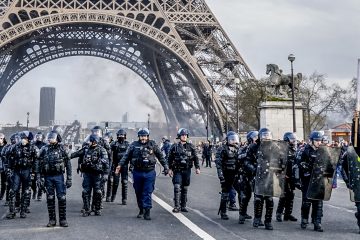
Macron, the Yellow Vests and the Redemptive face of politics
On November 17th, 2018 large crowds began blockading roads around France dressed in the high-visibility yellow jackets that all French cars must store. Their initial demands focused on stopping a new fuel levy introduced to reduce carbon emissions and raise money for investments in renewables. However, this has not been the French government’s only problem: a recent survey has suggested the French are the most pessimistic people in Europe seeing little hope in the future either for themselves or the country, hate crime has risen dramatically, and, remnants of the Yellow Vests continue to organize violent demonstrations around the country. This toxic combination has left the government of Emmanuel Macron with little room to manoeuvre and, as his most recent …
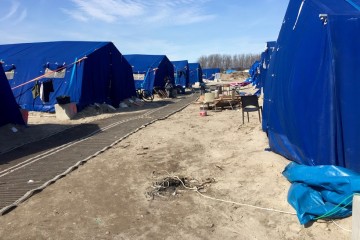
To be alive is to have hope
I traveled to the Calais migrant and refugee camp from March 14 to 16, together with a humanitarian student group from Brasenose College that collected donations and supplies to aid local NGOs with clothing and basic medical supplies. This article is based on my impressions of the camp and interviews with the migrants, refugees and NGO workers.
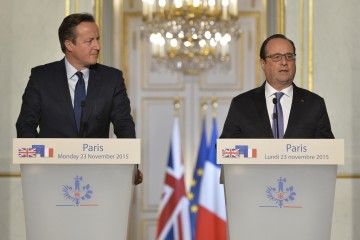
Overconfidence and the War in Syria
The attacks in Paris have elevated both the desire and the case for a full-scale war against Islamic State in Syria. French President Francois Hollande has vowed not just to fight IS, but to destroy it. The US and Russia are poised to significantly up their stakes, and Prime Minister David Cameron has begun laying out the argument to extend British airstrikes into Syria as well. The war is already underway and likely to escalate into an even greater coalition of military power than already exists. However, wars are unpredictable. This is especially so in the case of Syria, with multiple non-state armed groups interacting with each other, multiple foreign state actors, and no legitimate government. Even the vast asymmetry …
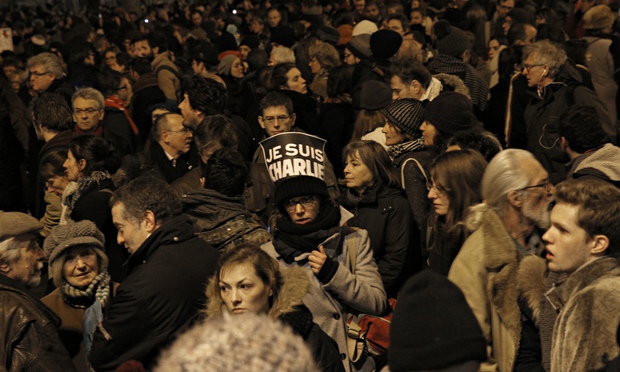
‘Charlie Hebdo’ and the end of the French exception
Today many are asking why Parisians have been attacked in their own city, and by their own people. But for many years the question for those following the issues of foreign policy and religion was why France had suffered so little terrorism in comparison to other European states. After the bombs on the Paris Metro and a TGV line in 1995, there were no significant Islamist attacks until the fire-bombing of the Charlie Hebdo office in November 2011, and the killings of three French soldiers (all of North African origin) and three Jewish children (and one teacher) by Mohamed Merah in Toulouse four months later. These attacks turn out to have been a warning of things to come.
But why was France free of such attacks for over fifteen years, when Madrid and London suffered endless plots and some major atrocities? Given the restrictions placed by successive governments on the foulard (headscarf) and the burka, together with the large French Muslim population (around 10% of the 64 million total), the country would seem to have been fertile ground for fundamentalist anger and terrorist outrages.
One view is that the French authorities were tougher and more effective than, say, the British who allowed Algerian extremists fleeing France after 1995 to find shelter in the Finsbury Park Mosque — to the fury of French officials. Another line is that the French secular model of integration, with no recognition of minorities or enthusiasm for multiculturalism, did actually work. Thus when riots took place in 2005 the alienated youth of the banlieues demanded jobs, fairness, and decent housing — not respect for Islam or Palestinian rights.
A third possible explanation of the long lull before this week’s storm is that French foreign policy had not provoked the kind of anger felt in Spain and Britain by their countries’ roles in the Iraq war, which France, Germany, and some other European states had clearly opposed. Although France had an important role in the allied operations in Afghanistan, its profile was not especially high. Given the slow-changing nature of international reputations the image of France as a friend of Arab states and of the Palestinians endured, while Britain drew hostile attention as the leading ally of the United States in the ‘war against terror’. France, again unlike Britain and the United States, has tended to be pragmatic in negotiations with those who have taken its citizens hostage abroad, facilitating the payment of ransoms and getting them home safely. Its policy was that payments, and the risk of encouraging further captures, were preferable to providing the Islamists with global publicity.

What do today’s republicans have to say about work?
Historically, republicanism has failed to reconcile the principle of non-domination with the realities of economic life. What do contemporary republican thinkers have to say about work and domination? [This post is part of the Democratic Wealth series, hosted by Politics in Spires in partnership with Our Kingdom. It is Part Two of a two-part piece on the history of republicanism and work]

Revolutionary France and the social republic that never was
After the 1830 revolution, French workers waited for the introduction of the republic into the heart of production. It never came. The struggle that ensued was to shape French politics during the Second Republic and after as republicans sought to reconcile work with the principle of non-domination. [This post is part of the Democratic Wealth series, hosted by Politics in Spires in partnership with Our Kingdom.]
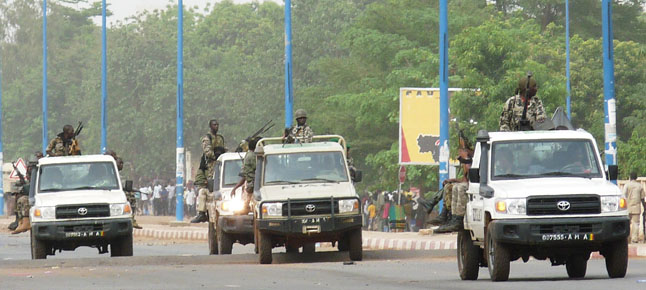
When Regional Solutions Fail: The French see good reasons for intervening in Mali, but their decision is a risky one
The announcement by French President Francois Hollande that his country is engaged in a military intervention in Mali represents a significant shift in strategy for the former colonial power in Africa. Up until a couple days ago, France was very much the reluctant intervener, investing all of its energy in coordinating a multilateral intervention (led by the Economic Community of West African States, ECOWAS) to forestall the further advance of Islamist forces in the Sahel region, and in reassuring worried African states, such as Algeria, that France’s days as an ‘African policeman’ were long gone.









